Our Grants
PAR Foundation's commitment to advancing understanding and combating AMR is evident in the two categories of grants awarded: Research Grants and Education Grants. Through research and educational initiatives, selected grantees are set to revolutionize our approach to antibiotic resistance and shape a healthier future.Pontus Nordenfelt, Sweden
Affiliation: Lund University, Sweden
Grant Year: 2023
Pontus Nordenfelt intends to use novel techniques for Pseudomonas aeruginosa including functional profiling, antibody engineering, and discovery. Nordenfelt hopes to contribute to pave the way for antibodies to be a viable alternative to or complement to antibiotics in the treatment of Pseudomonas infections. He is convinced his technique will be able to map out critical components of antibody function and attempt to determine the optimum antibody properties for in vivo protection.
Pedro Abril Ortiz, Ecuador
Affiliation: Universidad de Cuenca, Ecuador
Grant Year: 2023
Through the project, Pedro Abril Ortiz hopes to connect Latin American civil societies with academic initiatives supported by students and health sciences experts. This will raise awareness of antibiotic resistance. He will host a number of intervention workshops in schools, as well as the first National fair for International Microbiome Day. He is also conducting interviews with experts and organizing live broadcasts on various social networks.
Michael Mosha, Tanzania
Affiliation: Roll Back Antimicrobial Initiative (RBA), Tanzania
Grant Year: 2023
Michael hopes to equip 100 selected interns from 20 hospitals in 20 areas of Tanzania. In turn, the interns will then educate patients and healthcare workers on AMR. The project aims to improve the capacity of upcoming healthcare workers generations to promote AMR prevention and antimicrobial stewardship measures.
Edwin Ngula Luguku, Tanzania
Affiliation: AfyaToon
Grant Year: 2023
Edwin Ngula plans to provide university students majoring in journalism or medicine with a three-phase AMR course that includes beginner, intermediate, and advanced knowledge as well as a thorough nurturing program and AMR-based content distribution. The project is anticipated to provide a lot of AMR sensitization in Tanzania.
Adela Melcrova,
Netherlands
Affiliation: Zernike Institute for Advanced Materials, University of Groningen, Netherlands
Grant Year: 2023
Adela Melcrova intends to restore Enterococcus faecalis’ susceptibility to daptomycin by dissolving membrane domains with AMC-109. By combining cutting-edge techniques to gain insight into domain structure and dynamics, she will also investigate how membrane-domain-targeted antibiotics can be utilized to reverse resistance to antibiotics. Adela Melcrova is optimistic about demonstrating a novel approach to restoring methicillin, penicillin, daptomycin, and other possible antibiotic susceptibilities in lethal resistant organisms.
Vedika Bhatt, Malaysia
Affiliation: Universiti Malaya, Malaysia
Grant Year: 2023
With the intent to promote a large-scale sensitization of AMR in Malaysia, Vedika Bhatt is set to empower university students across Malaysia and neighbouring countries through educational training programs. This include workshops, symposiums, ambassadorship programs and podcast productions aimed at providing insights into the prevention of AMR from different perspectives.
Oluwafemi Daodu, Nigeria
Affiliation: University of Ilorin, Nigeria
Grant Year: 2023
Dr Daodu will organise hybrid programs to increase farmers’ and other stakeholders’ understanding of antimicrobial resistance (AMR). This includes the relationship between humans and animals on the food chain, rational and irrational use of antimicrobials, preventive measures, and alternatives to antimicrobials in animal production. Daodu’s project aims at using a multidisciplinary approach to health to educate and enlighten food and animal producers and other key stakeholders.
Kenneth Egwu and Ibrahim Adamu, Nigeria
Affiliation: University of Nigeria, Nsukka and Federal University Dutsin-Ma Nigeria
Grant Year: 2023
Kenneth Egwu and Ibrahim Adamu will organise a program that will train 92 students in 24 groups from tertiary institutions across the six geo-political zones in Nigeria with the hope of widespread AMR sensitisation. Following the program, participants will be expected to establish AMR clubs in their respective institutions, seek interested volunteers and raise awareness about AMR.

Emmanuel Odartei Armah
Water Research Institute – Council for Scientific and Industrial Research (CSIR) -Ghana.
Grant Year: 2022
The team receives a grant for an exploratory study on prevention of antibiotic resistance among elderly in Ghana. The project would investigate risk factors associated with Urinary Tract Infections (UTIs) at nursing homes. The aim is to establish the prevalence of UTI-causing pathogens, reveal their antibiogram and determine the genes responsible for resistance. It would then develop guidelines for the treatment of UTIs and ultimate prevention of antimicrobial resistance.
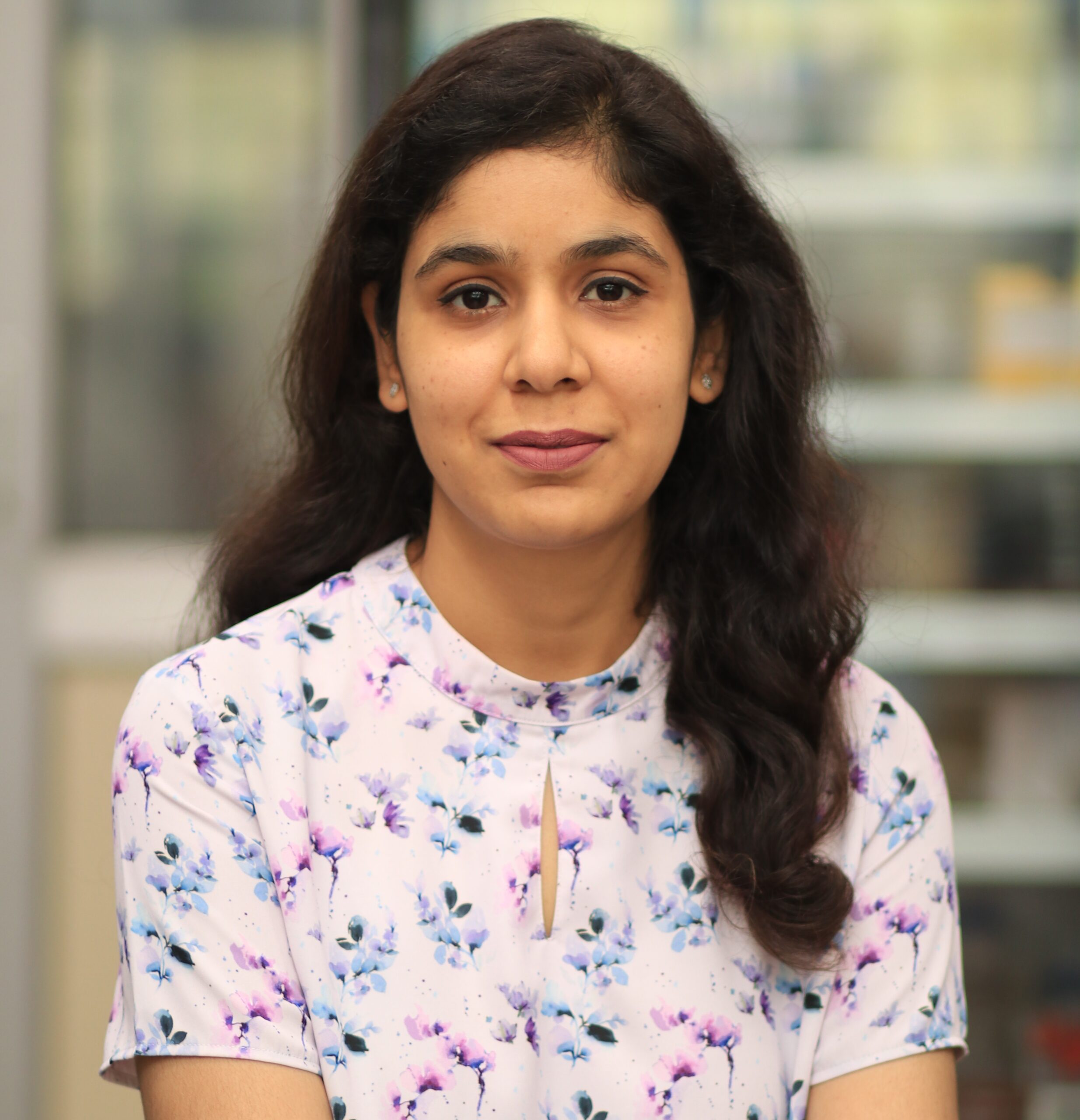
Dr. Jaspreet Mahindroo
Post Graduate Institute of Medical Education and Research (PGIMER), Chandigarh, India
Grant Year: 2022
This study targets the issue of antimicrobial resistance in the animal sector where there is a lack of awareness among Indian farmers about the impacts of antibiotic usage on antimicrobial resistance. The project aim to create a database of antibiotic usage practices and bring about behaviour change among poultry farmers towards judicious antibiotic use on farms through effective communication & training and microbiological testing.

Eric Mugabo
Oazis Health, Rwanda
Grant Year: 2022
The Oazis Health Antibiotic Stewardship program aims at creating a community in which antibiotic resistance is effectively contained, controlled and mitigated by local healthcare professionals using available resources. To be done through a multidisciplinary online course accredited for continuous professional development (CPD) of healthcare providers, and peer-to-peer staff education sessions.

Paul-Enguerrand Fady
PhD in Pharmaceutical Science in progress from King’s College London, UK
Grant Year: 2022
Parliamentarians in the UK are expected to pass legislation on so many key issues that they cannot possibly be experts in all of them. Through engagement workshops and advocacy on AMR in Parliament, I will make sure they are well-informed when passing laws about AMR, “One Health” and associated issues. Meaningful decision-maker engagement with AMR.

Daniel Waruingi
Pharmacy student at Jomo Kenyatta University of Agriculture and Technology, Kenya
Grant Year: 2022
The AMR Ambassadors Programme for Young People in Africa is pilot one-year program that seeks to raise awareness, improve understanding, and promote engagement, especially of students outside health and veterinary sciences in Antimicrobial Resistance (AMR). This will be a hybrid fenced programme with a blend of physical and virtual activities.
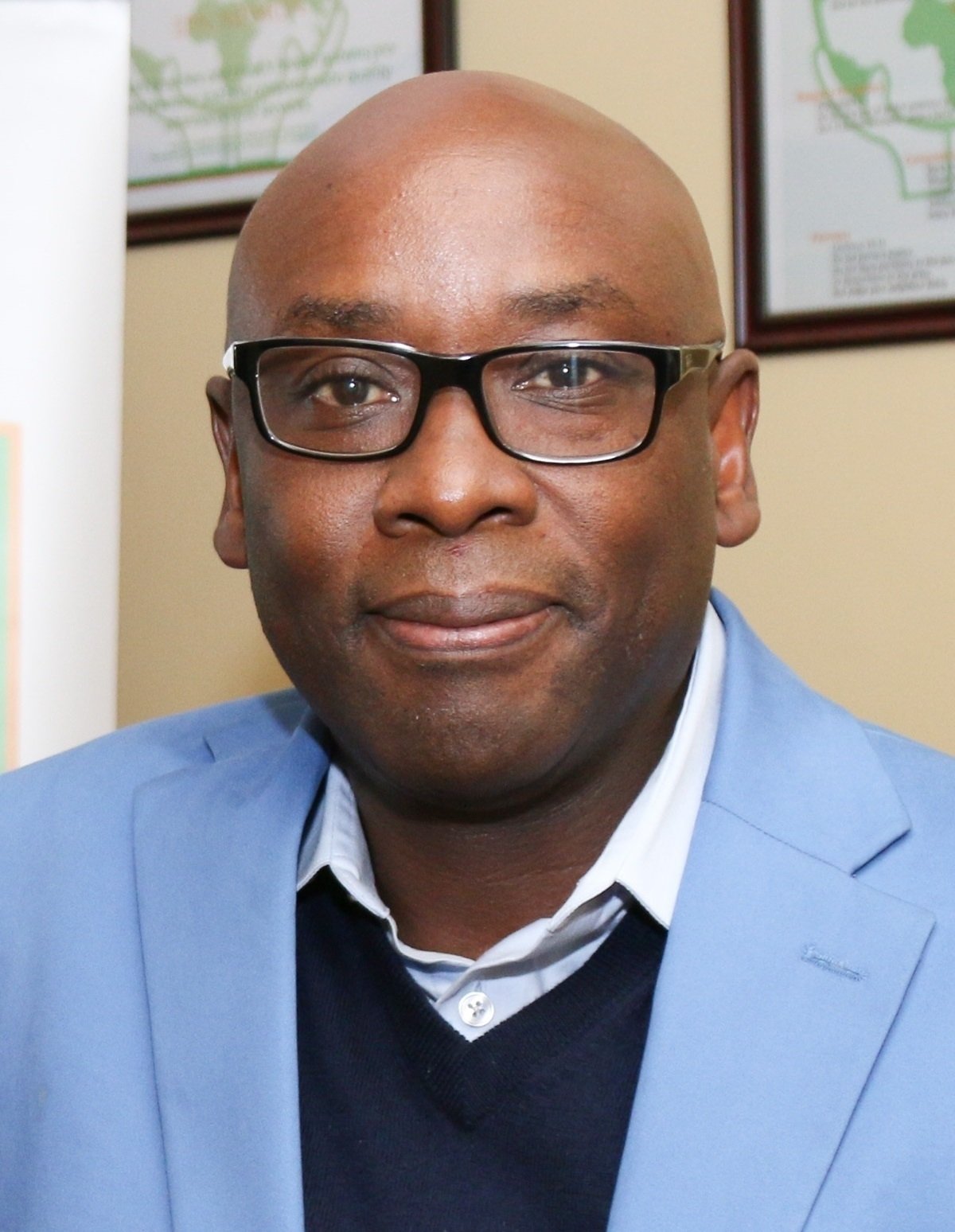
Dr. Mirfin Mpundu
ReAct (Action on Antibiotic Resistance) Africa- organization engaging the youth in Africa in Antimicrobial Resistance (AMR), offices in Lusaka, Zambia
Grant Year: 2022
ReAct Africa seeks to facilitate the creation and mentorship of AMR champions in the African region and develop a sustainable youth engagement platform – The Antimicrobial Resistance Leadership Program (AMRLEP). The pilot program is being implemented in partnership with Students Against Superbugs – Africa. The project will use a systems approach and support students that completed the pilot AMRLEP program in 2021, by engaging them in an internship program under ReAct Africa that seeks to continually build their capacity, monitor their activities, and link them with mentors who will offer technical support and guidance. The overall goal is to have empowered student leaders in Africa who are problem solvers and solution providers for the Antimicrobial Resistance global health threat.

Anna Govett
Project Director, Future Leaders Against AMR
Grant Year: 2021
Anna revieved funding to organize a virtual programme to support students and young professionals from all over the world who, like herself, are concerned by the threat of antibiotic resistance and consider pursuing a career dedicated to this issue. Read more
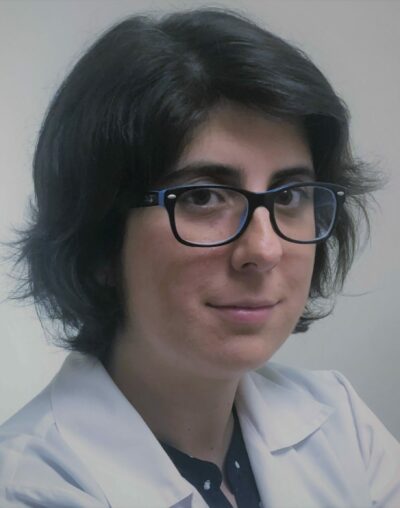
PPCIRA
National Program for Infection and Antimicrobial Resistance Prevention, Portugal
Grant Year: 2021
The PPCIRA is running a project to prevent urinary tract infections in Portuguese care facilities for elderly. The project focuses on training and methods to achieve behaviour change among healthcare staff and relatives of the patients. Read more

Christian Giske
Professor, Karolinska Institutet, Stockholm
Grant Year: 2018
Christian’s research addresses a novel approach to clear the gut of resistant bacteria. The treatment uses bacteriophages, viruses that can target bacteria selectively. This approach could potentially prevent severe resistant infections such as bloodstream infections.
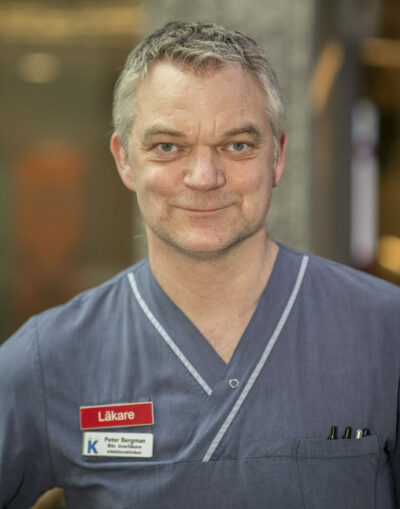
Peter Bergman
Senior lecturer/senior physician, Karolinska Institutet, Stockholm
Grant Year: 2021
Peter is running a clinical study to investigate if higher doses of vitamin D would be an effective way to prevent respiratory tract infections among elderly. Vitamin D in lower doses have long been recommended to prevent osteoporosis, but there are indications that a higher dose could also prevent respiratory tract infections. Read more

Susanna Brighenti
Associate Professor, Karolinska Institutet, Stockholm
Grant Year: 2019
Susanna is exploring how to treat antibiotic resistant M. tuberculosis bacteria using agents that modulate host immune responses. Multidrug resistant tuberculosis is a serious threat to the global efforts to control the spread of the disease. Project success could improve current treatment strategies and reduce transmission of resistant tuberculosis in the society.
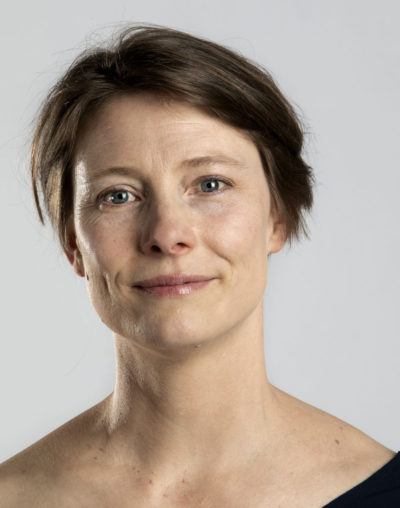
Sara Lindén
Professor, University of Gothenburg
Grant Year: 2018
Sara is developing strategies to counteract infections by activating mucosal defence mechanisms, a part of the immune system. The focus is on H. pylori, a common type of bacteria that requires severe antibiotic treatment to eradicate and is prone to developing antibiotic resistance. Success could lead to new methods to clear certain pathogens without relying on antibiotics.

Augustina Frimpong
Postdoctoral fellow, University of Ghana, Accra
Grant Year: 2021
Augustina is doing an exploratory study on pneumonia among elderly in Ghana. The aim is to develop evidence for effective preventive interventions, for example if vaccination programmes for pneumonia in Ghana should also target elderly persons. Read more
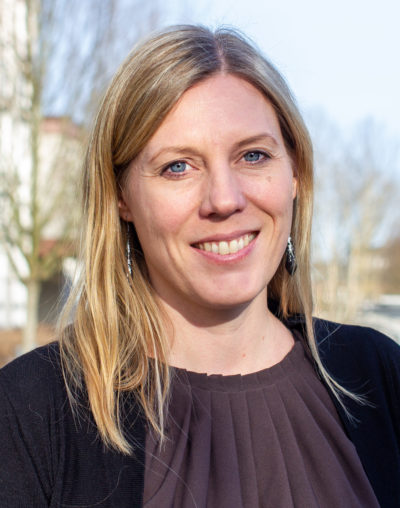
Sanna Koskiniemi
Senior lecturer, Uppsala University
Grant Year: 2019
Sanna is investigating if modified probiotics could be used to eradicate resistant bacteria in the normal gut flora of a patient. Her research could lead to new treatments and better methods for preventing the spread of resistant bacteria.
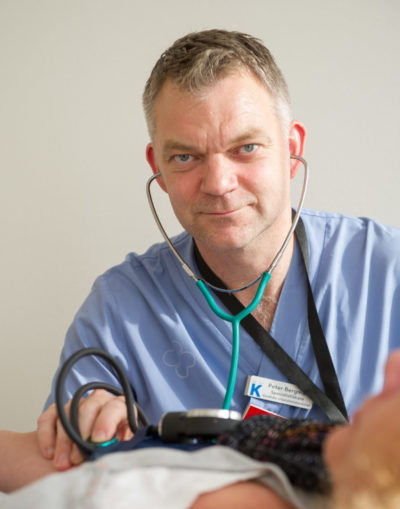
Peter Bergman
Senior lecturer/senior physician, Karolinska Institutet, Stockholm
Grant Year: 2018
Peter researches how the immune system can be used as a way to prevent or treat bacterial infections.
Read more about the project here.
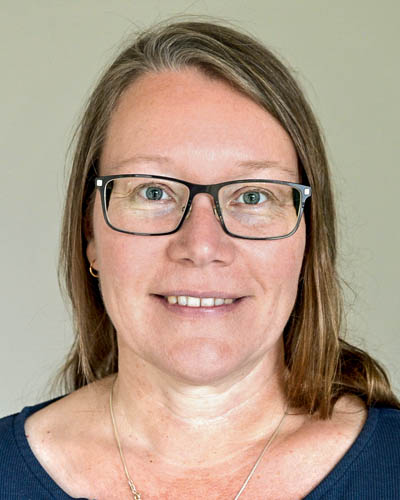
Åsa Sjöling
Senior lecturer, Karolinska Institutet
Grant Year: 2018
Åsa studies how the bacteria that is the main cause of tourist diarrhea
colonize the gut and cause disease, and if shifting the gut microbiota could prevent diarrhea. If successful, this could lead to better preventive treatment of diarrhea and thereby decrease the need for antibiotic treatments.
